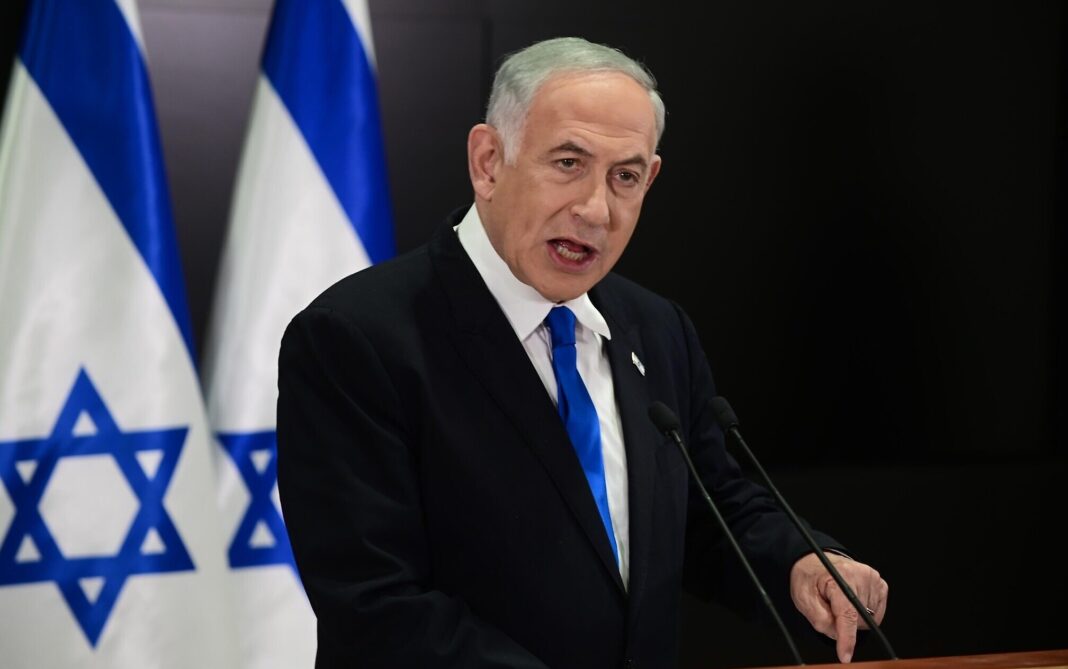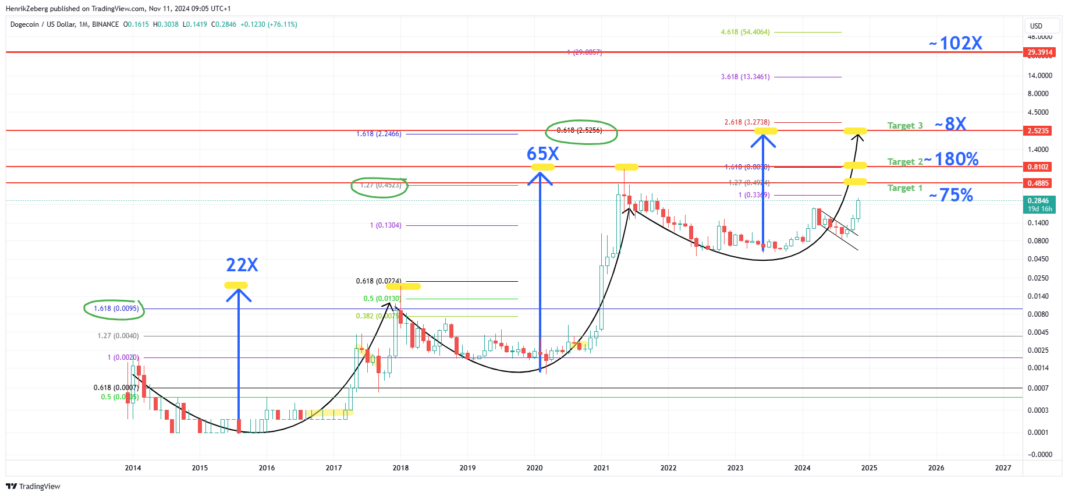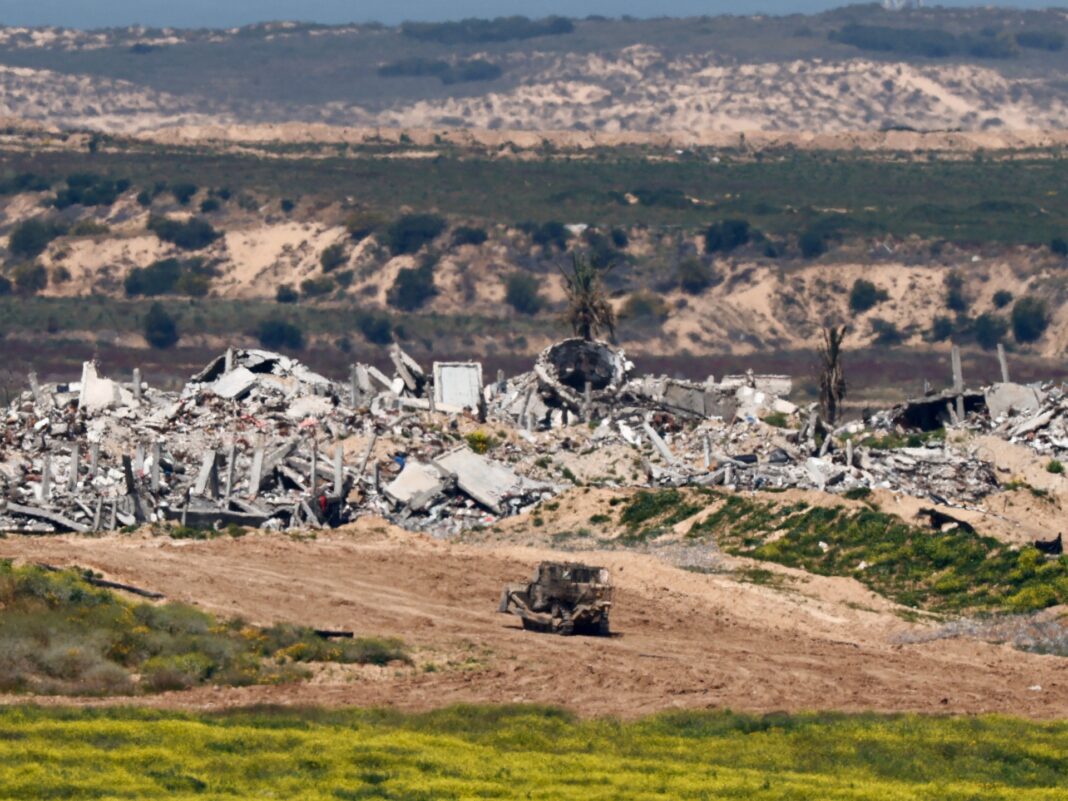Israeli Prime Minister Benjamin Netanyahu publicly acknowledged on Monday 11 November his country’s involvement in a series of the deadly pager attacks that took place in Lebanon and Syria in mid-September.
The explosions, which resulted in nearly 40 fatalities and over 3,000 injuries, were initially attributed to Israel, though the Israeli government had been silent on the matter.
During a recent cabinet meeting on Monday, November 11, Netanyahu stated that the attacks were conducted despite opposition from senior officials within the defense establishment.
The pager attacks involved handheld devices that detonated in crowded public places, including supermarkets and funerals on Tuesday 17 September.
The tactic aimed to undermine Hezbollah, the Iran-backed militant group, and was part of Israel’s broader military strategy amidst escalating tensions in the region.
These attacks were followed by an Israeli airstrike targeting Hezbollah Secretary-General Hassan Nasrallah, resulting in his death along with a number of senior officials in a building complex in Beirut on Friday 27 September.
This was then followed by a number of assassinations of 25 high-profile senior members of the Lebanese militant group Hezbollah. The Israeli Prime Minister stated that the strikes also killed Nasrallah’s potential successor Hashem Safieddine.
In response to the attacks, the Lebanese government has filed an official complaint with the International Labour Organization (ILO), condemning Israel for its actions.
Moustafa Bayram, Lebanon’s Labour Minister, described the explosions as an “egregious war against humanity,” pointing out the significant civilian casualties and injuries including amputations and permanent disabilities, as a result of the blasts.
As the situation unfolds, the Israeli military continues its operations in Lebanon, with reports indicating that more than 3,000 people have died in Lebanon since clashes began in October 2023.


